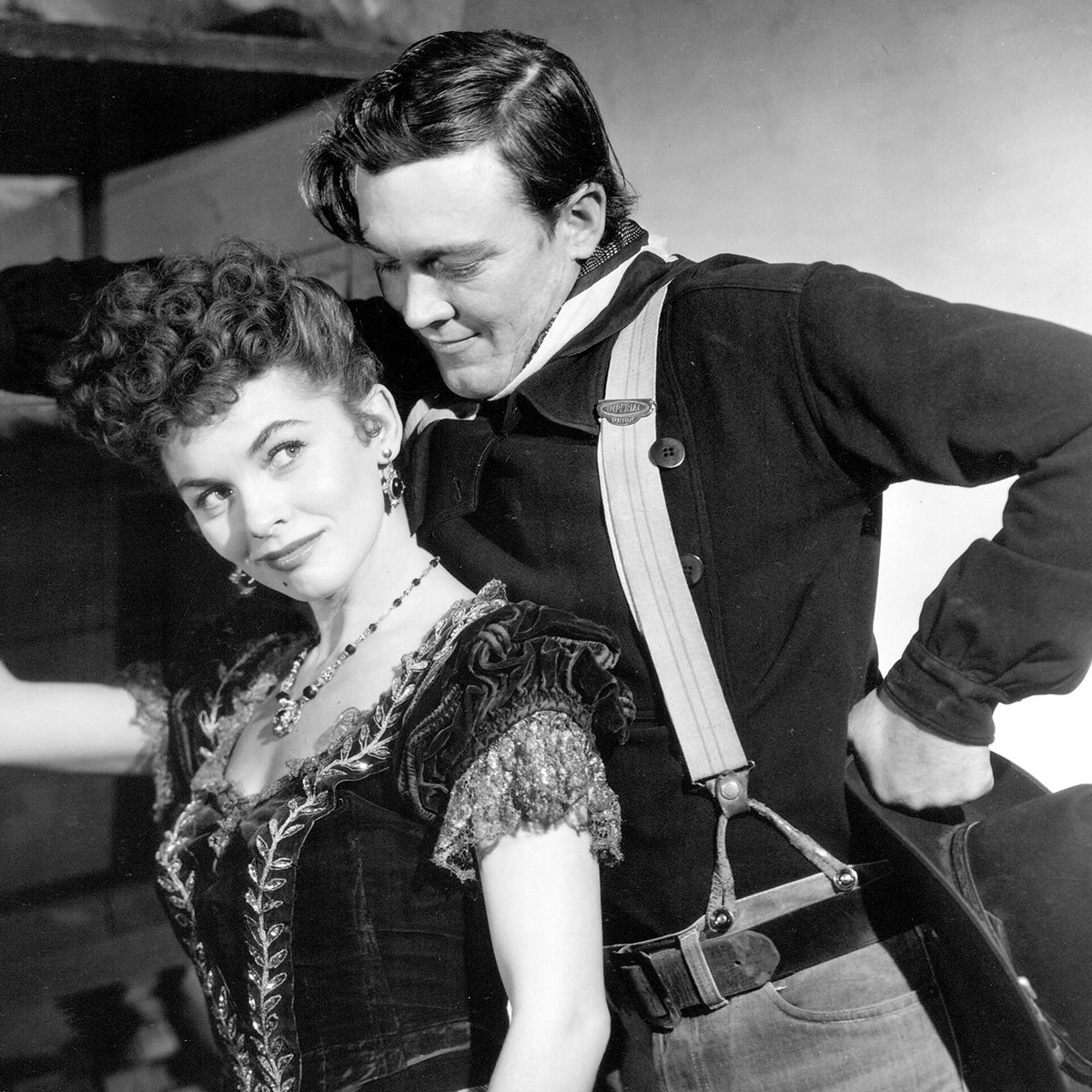Fordland
When you see a list of the great westerns directed by John Ford, Wagon Master (1950) is rarely included among them. At first glance, it’s easy to see why. There are no big stars, such John Wayne or Henry Fonda, to prop up the movie. It’s less action oriented than other Ford westerns, such as My Darling Clementine (1946), Fort Apache (1948), or She Wore a Yellow Ribbon (1949). And on the surface, it appears to be less ambitious than your typical Ford film. Yet when Peter Bogdanovich interviewed Ford in 1964 (the interviews are included in Bogdanovich’s book John Ford), the director explained that, “Along with The Fugitive and The Sun Shines Bright, I think Wagon Master came closest to being what I wanted to achieve.”
Ford wrote the original story for the film, which has an ease and flow that are unusual, even for Ford. Produced at the height of his creative talents, the casual style masks a message that was almost daring for its time. Fellow director Lindsay Anderson described Wagon Master as an “avant-garde Western” and one of Ford’s “most lyrical films.” And in Searching for John Ford, the definitive biography of the director, author Joseph McBride wrote:
Ford finds in Wagon Master the purity of a vanished era when faith in the American future was the stuff of everyday life, a time when, at least in his fervently romantic imagination, it was still possible for Americans to transcend the divisive forces of social prejudice. Wagon Master did not come with the usual trappings of a protest film, but that’s what it was, Ford’s indirect protest of the darkness, suspicion, and hatred that had enveloped America by the middle of the twentieth century. Rather than situating his morality play in the unfamiliar terrain of a present-day community of outcasts, as he clumsily attempted to do in Pinky, Ford wisely sets it in the time and place that feels most comfortable to him, what Charles FitzSimons called ‘Fordland.’
The movie tells the story of a group of Mormons who are seeking a new life in the West. While Ford portrays them sympathetically, he also shows how they’re forced to compromise their principles in order to defend themselves against violence. Ben Johnson and Harry Carey, Jr. play two honest and hard-working cowboys who help lead the Mormons across a dangerous section of the country. Ward Bond, playing against type, takes on the role of Elder Wiggs, a Mormon elder who grows more tolerant as the journey progresses. Bond’s role in the 1950s television show Wagon Train was based on his portrayal in this movie.
A great film is the sum of its parts, and Wagon Master is strengthened by the steady accumulation of its character-defining gestures and situations. The genuine affection shown as Elder Wiggs apologizes to his horse, the viciousness revealed as Uncle Shiloh Clegg whips his sons into submission, and the unrestrained excitement displayed as the Mormon “sisters” blow their rams’ horns — it is moments like these that make John Ford a master storyteller.
Wagon Master
(1950; directed by John Ford)
Warner Archive Collection (Blu-ray)
Warner Home Video (DVD)
Wednesday, March 13 at 12:15 p.m. eastern on Turner Classic Movies
Reviews